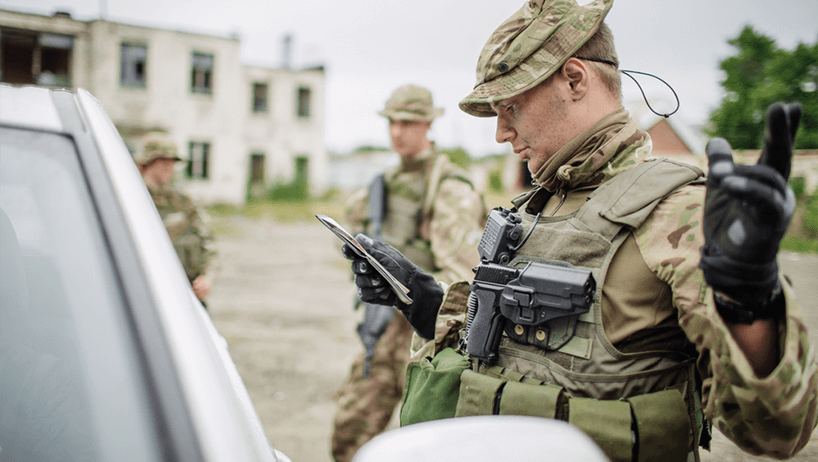While the White House prepares a new executive order to bar certain travelers from entering the U.S., leaders in the travel industry now have a clear picture of the bottom-line impact of closing the country’s borders. A recent study conducted by the Global Business Travel Association (GBTA) revealed that the first order — issued on January 27 — led to a loss in business-travel bookings of approximately $185 million. With the new order on the way soon, big questions loom over the travel industry: How will the new law differ? Who will be impacted? And will tourists, business travelers, and conference attendees from outside the U.S. revise their plans?
Those are concerns shared by many organizations involved in conferences and events. “Events require stability and predictability,” Bob Vaez, president and CEO of Toronto-based event mobile-app company EventMobi, said in an interview with PCMA. “There is an overwhelming sense of uncertainty and a number of unknowns about what will happen at the border. Those create inconveniences, and inconveniences lead to challenges for speakers and stakeholders.”
Vaez said that a number of EventMobi’s clients that have international audiences aren’t just thinking about how the order will limit entry for some prospective attendees — they’re also worried that perception issues will turn off attendees who are not directly affected by the order. Mike McCormick, executive director and COO of GBTA, cited similar concerns in a recent blog post. “The cloud of uncertainty could leave a lasting economic impact,” McCormick wrote. “Large corporations and small businesses alike will suffer. The biggest driver of our economic recovery of the past seven years from the most recent downturn was international outbound travel. U.S. businesses found top-line growth and business opportunity from new markets all over the world.”
So how can those businesses continue to find new opportunities? How can U.S.-based conferences continue to attract international attendees? Vaez believes it’s a matter of balancing security — the number-one priority — with well-defined laws.
“Travelers want to be able to predict what the process will look like,” Vaez said. “Think about how travel changed after Sept. 11. We went from such relaxed airline travel to requirements to remove your shoes, restrictions on what could be in your carry-on, and more. But the important thing is that everyone knew what to expect. In today’s climate, no one knows what’s going to happen.”
For example, consider Sidd Bikkannavar, an engineer who works at NASA and a Global Entry–approved passenger, who was forced to turn over his phone password to a Customs and Border Protection agent at Houston’s George Bush Intercontinental Airport. Or Homeland Security Secretary John Kelly’s request to obtain travelers’ social-media passwords. Stories like these may lead to worries about discrimination and a violation of privacy, resulting in an overall sense of distrust.
“When travelers outside the U.S. see the news, it’s creating big fears about the entry process,” Vaez said. “I think the meetings industry should aim to lobby the government to outline well-defined travel rules. If attendees know what to expect, they can get through those fears.”
How do you think the meetings industry should address the state of global travel? Go to Catalyst to share your insights.

